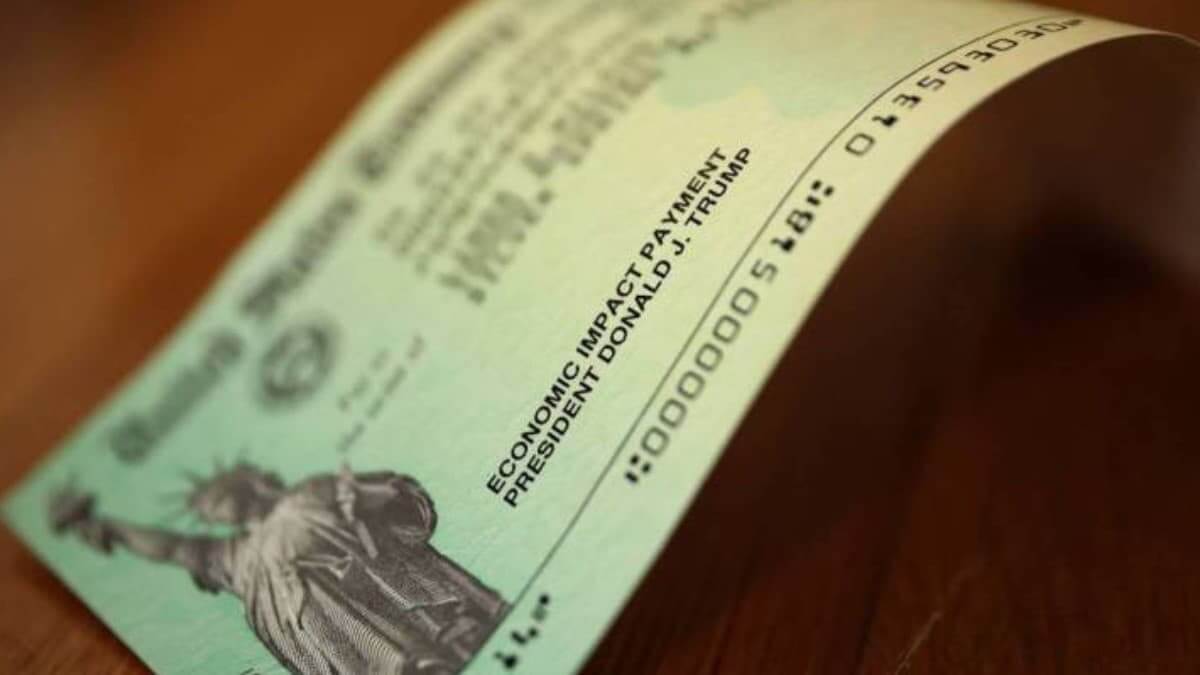
The Internal Revenue Service deposited money today, and you’re wondering why? Here are the answers you’re looking for related to the most recent transaction from the IRS.
The changes to the tax law that came with the American Rescue Plan confused the taxpayers and altered the regular plans for the tax season. The biggest impact was caused by the unemployment compensation waiver that came after the start of the tax season. A good portion of taxpayers already filed their federal income tax returns prior to the introduction of the unemployment compensation waiver.
Since these taxpayers didn’t get to claim the benefits of this tax write-off, the IRS had to automatically adjust their tax returns. Those that were lucky – or had a better fate with time – received an adjusted tax refund but, those that filed their returns way early, as soon as the tax season started, weren’t all that lucky as the IRS couldn’t adapt their refunds to these changes, as the refunds were already sent. So, the IRS deposited money on the bank account of taxpayers that did qualify for the exclusion but didn’t claim it on their tax returns. Whether it’s a lack of knowledge of such a change in the tax law or no effort in amending a return, more than 13 million taxpayers received money from the IRS.
Is the IRS deposit taxable?
The Internal Revenue Service deposits made are tax refunds, thus, they are not taxable as you’re getting a deposit for the excess amount of tax you paid during the tax year. You won’t pay a dime in taxes for the deposit amount that goes into your bank account. After all, it’s your tax refund that’s deposited to you after you didn’t claim the unemployment tax write-off.
How do I know why the IRS sent money to my bank account today?
When the Internal Revenue Service deposits money, you’ll see a transaction code that corresponds to the payment. Take a look at it and see what it’s about. You’re most likely to see IRS TREAS 310 and followed by an additional code. That additional code is what you need to look for as it tells the reason for the transaction.